Big Hands and Small Hands-Flip Innovation Education
After the exchange with Xincen Elementary School, he also made friends with more "Guo" teachers from different elementary schools, namely, Mr. Guo Weiwen from Cigu District Hougang Elementary School and Mr. Guo Minzhan from Guanmiao District Wujia Elementary School. After getting to know more teachers from different schools, it was found that each school promoted robot education and informal education, and even computer classrooms in information environment What different difficulties. Take Wujia Elementary School as an example. In terms of repurchasing resources, Mr. Guo Minzhan jokingly said that his school was not in the city or in the countryside. Therefore, it was more difficult to obtain subsidies for the acquisition of equipment than most of the schools in rural areas. Therefore, our team assisted Wujia Elementary School in robot teaching by borrowing equipment, and assisted the school to purchase equipment from manufacturers at a lower price. At present, with the gradual purchase and improvement of robots and information equipment in Wujia Elementary School, and in cooperation with Mr. Guo Minzhan, the class system which originally only had one class of robots was planned into primary class and advanced class, which can not only grasp the absorption degree of each student more appropriately, but also help elementary school teachers establish their own teaching methods to achieve the goal of cultivating seed teachers. The problem encountered in Hougang Elementary School was that when Mr. Guo Weiwen first took over as the information teacher of the school, when he saw that there were only small MS Paint, WORD and other software in computer class each semester, he saw the mBot robot study conducted by Far East University of science and technology in April 2018. He found that the robot not only met the information education required by the Curriculum Guidelines of 12-Year Basic Education This kind of novel and interesting teaching materials can arouse students' interest in learning. After purchasing a set of equipment from his own pocket, he took it to the school to test and play with several children. He took part in many competitions in a row with the spirit of being brave and fearless. After learning from the experience, he helped to purchase 10 sets of mBot robot equipment in November 2018, and officially opened STEAM club in March 2019, and subsequently purchased LEGO EV3 robots and Wujia Elementary School and later Hougang Elementary School joined the program as partner schools.
In Xincen Elementary School, although he did not join the partner school of the project, he still discussed with Mr. Guo Yuzhang what kind of teaching the robot can bring to the children in addition to the programming aspect. In particular, in terms of creative development, we combined the horseshoe crab ecology to design robot interactive games, and advanced to FLLJR competition to train students not only for programming, but also for creative thinking and team cooperation. Finally, they can have more opportunities to communicate with other schools during the competition. This project also aims to find more effective directions in quality education. At the same time, we will promote robot and information education, and explore more rural elementary schools that need resources and teacher training.
Since the project started operation this year, it has become a partner school with Houbi District Houbi Elementary School, Sinhua District Naba Elementary School, Cigu District Hougang Elementary School, Lioujia District Linfeng Elementary School, Yanshuei District Renguang Elementary School and Guanmiao District Wujia Elementary School at different times. The difficulties and problems encountered by each school are different. However, with the support of the Ministry of Education and the promotion of teachers in various schools, one after another helps partner schools to establish a good learning environment and resources. By, the competition teams launched by the partner schools have also achieved brilliant results in different competitions, and have received praise and support from all sides. They have also helped the project to be more in line with the SDGs of "elimination of inequality" and "quality education".
-
University characteristic Startup Stage Project
-
Tainan City
-
Far East University
Further reading
Measures for Leaving a Message to Enter the Draw for the Live Streaming of the Opening Ceremony
-
Event Period
From 13:00 to 14:00 on December 12 (Saturday), 2020
-
Event Measures
Log in to your personal Facebook or Google account to proceed with leaving a message; each account with a successful message of #2020usrexpo left before the end of the live streaming of the opening ceremony will have an opportunity to enter the draw, and each account is restricted to winning the prize once only.
-
List of Winners
On December 14 (Monday), 2020, the list of winners will be announced on the event official website https://2020usrexpo.org/) Announcement of the list of winners
Event Prize Content
-
1st Prize
“Huei Yeh” Power Extreme Massage Gun 1 winner
-
2nd Prize
Nestle Dolce Gusto Genio 2 1 winner
-
3rd Prize
KINYO Bluetooth 5.0 Wireless Speaker 2 winner
-
4th Prize
7-11 Gift Voucher valued at NT$200 27 winner
Announcement of the list of winners
The various prizes are expected to be notified via email and also announced on the event official website on December 14 (Monday), please will the prize winners pay attention to the prize-winning information, and send back the relevant documents according to the notices & explanations; no separate notification will be issued.
Notices
- The event period for this event is based on Taiwan time, and the delivery of the rewards is restricted to regions including Taiwan, Penghu, Kinmen, and Matsu.
- Please refer to the actual products for the event rewards, the pictures used on the website are for reference only; no request for changing colors, specs, transfers, or cash redemption will be accepted.
- Our event organizer will not be liable for the follow-up warranty and maintenance of the winning rewards; once the rewards have been collected, signed, and accepted, no reissuance of the rewards will be available if the rewards have been lost, peculated, discarded, or damaged. Please refer to the actual products for the prize rewards, no return or exchange will be accepted; the prize winner must contact the manufacturer of the rewards if there is any issue regarding malfunctioning, damage, or maintenance.
- 1st prize ~ 2nd prize (Winning prizes with a value exceeding NT$1,000 (inclusive): Each prize winner should fill out the “Reward Collection Application and Receipt (will be announced together with the announcement of the list of winners)” within 7 days (including holidays based on the post stamp) starting from the next day with the announcement of the list of winners, and must provide a copy of both sides of the ID card. The copy must be sent to the specified place via registered mail; those passing the deadline will be deemed to give up the prize and rights, and no objections will be accepted from the prize winners.
- 3rd Prize ~ 4th Prize (Winning prizes with a value less than NT$1,000 (inclusive): Prize winners should reply to the prize-winning notifying letter via Email within 7 days (including holidays) starting from the next day of the announcement of the list of winners, to confirm the collection of the rewards and to fill out the relevant info for sending the rewards (to confirm the address for sending the gift), and to accelerate the follow-up qualification review. If the prize winners do not complete the relevant info before the deadline, they will be deemed to give up the opportunity to collect the rewards, and no alternative gifts or reissuance of gifts will be available.
- When the prize winners have completed filling out the prize-winning info, the organizer will double-check the identification data of the prize winners, the rewards will only be sent out when all data is correct.
- All prize-winning qualification needs to be approved by the organizer before it becomes effective, all reviewing standards are based on the organizer as the only reference.
- If the prize winner did not fill in the data complete and correct, or cannot be in contact, or did not send back the required data within the announced time of the rewards, the prize winner will then be deemed to voluntarily give up the prize, no separate notification will be announced.
- According to the R.O.C Tax Act, if the prize winner is an individual residing in Taiwan, and the prize amount (value) exceeds NT$1,000 (inclusive), then a copy of both sides of the ID card will need to be handed in for taxation, which will be incorporated into individual income for the annual taxation. If the prize winner is not an individual residing in Taiwan, 20% of reward tax must be deducted from the reward first regardless of the prize amount before the prize winner can collect the reward. If the prize winner is not an adult, a household registration transcript must be provided along with a letter of consent from the legal representative. If the prize winner is unwilling to pay the tax first, he/she will be deemed to give up the reward, and no objections will be accepted.
- If the prize winner is in violation of the relevant event measures or has other dissents, the organizer is allowed to retrieve the reward and no objections from the prize winner will be accepted. If a judicial dispute is involved, all legal liabilities will be held by the individual. The organizer will not be liable.
- If it is confirmed that the participant used a hacker program or other method that evidently violates the fairness of the event in an attempt to influence the event, the organizer is then allowed to disqualify the participant immediately or to cancel the prize-winning qualification. Compensation will be liable if a loss is caused for the organizer due to this.
- For reasons that the organizer are not liable for, including a computer, network, telephone, or technique issues resulting in the delay, loss, incorrect, unidentifiable, or damaged data uploaded by the participants, the organizer will not be liable for any legal liability, and no objections from the participants and prize winners will be accepted.
- The organizer reserves the rights to review the qualification of the event participants, if the organizer or a third party has reported that the participants are found to use methods that are intentional or evidently violate the fairness of the event, or do not conform to the rules of this event, the organizer will then be allowed to cancel the prize immediately.
- The event measures are stated on the event platform, the organizer reserves the right to alter the event details at any time (participating method, gift content and quantity…etc.); the participants must agree completely to follow and obey the alterations of the event without any objection. Please refer to the announcement of the event measures if alternations have been made to the event measures, no separate notification will be available.
- Unmentioned matters of this event should be handled according to the relevant rules of the civil law; the organizer reserves the rights to maintain, modify, cease and explain the content, as well as to cancel the prize-winning qualification of any prize winner influencing other prize winners’ rights. Refer to the announcement on the platform for the modification info; no separate notification will be available.
- Participants in the event agree to accept the event measures and notices, if, in violation, the organizer will then be allowed to cancel the qualification of the participant or the prize winner, and then request the participant for compensation for the losses caused.
- When the event is unable to be conducted due to force majeure causes, the organizer has the rights to cancel, terminate, modify, or cease the event. Participants in the event are deemed to accept the effectiveness of the rules, for unmentioned matters, the organizer reserves the rights to modify, terminate, and alter the event content details without giving out a separate notification.
TOP


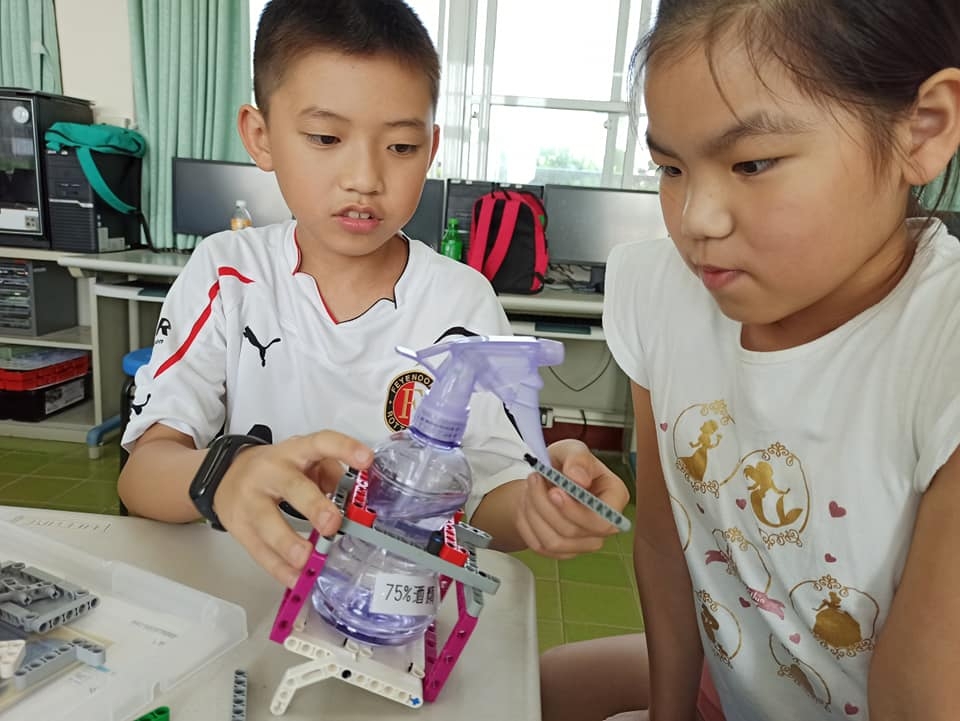
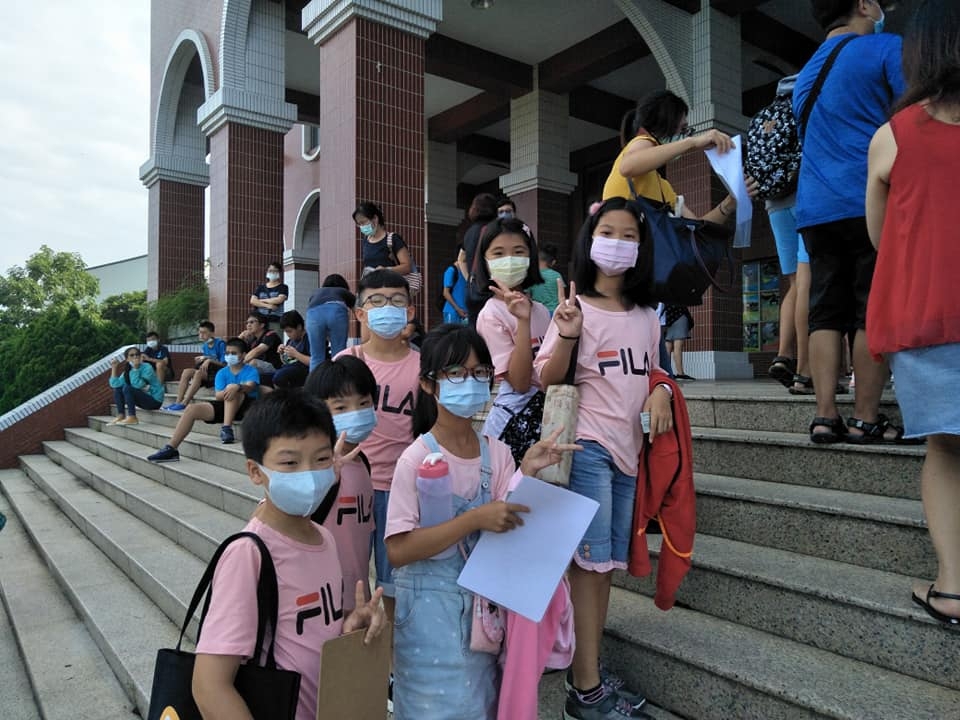
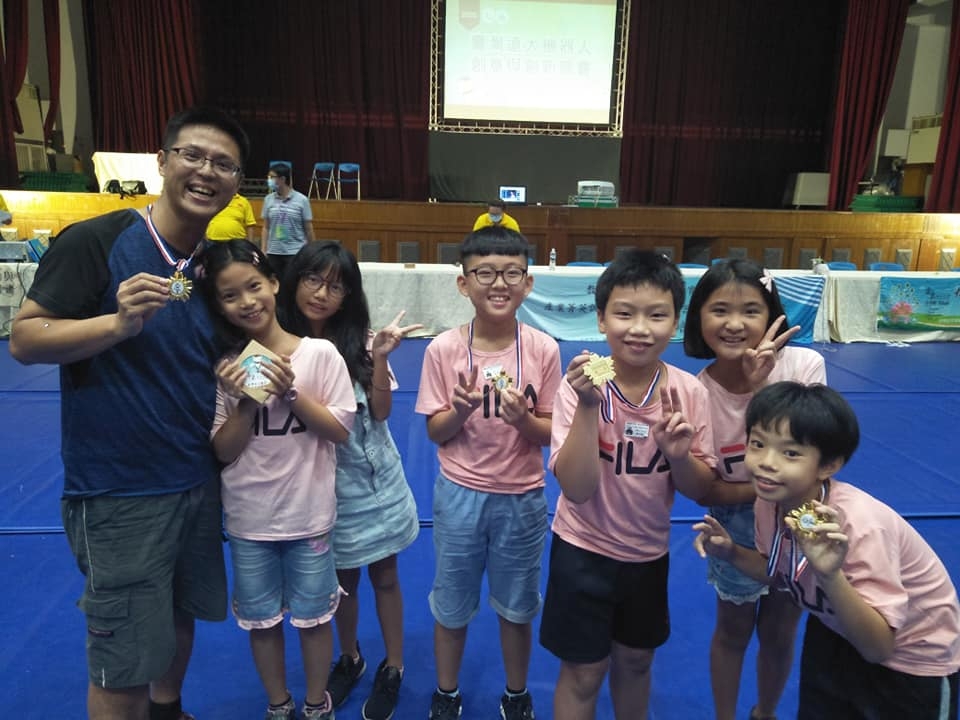
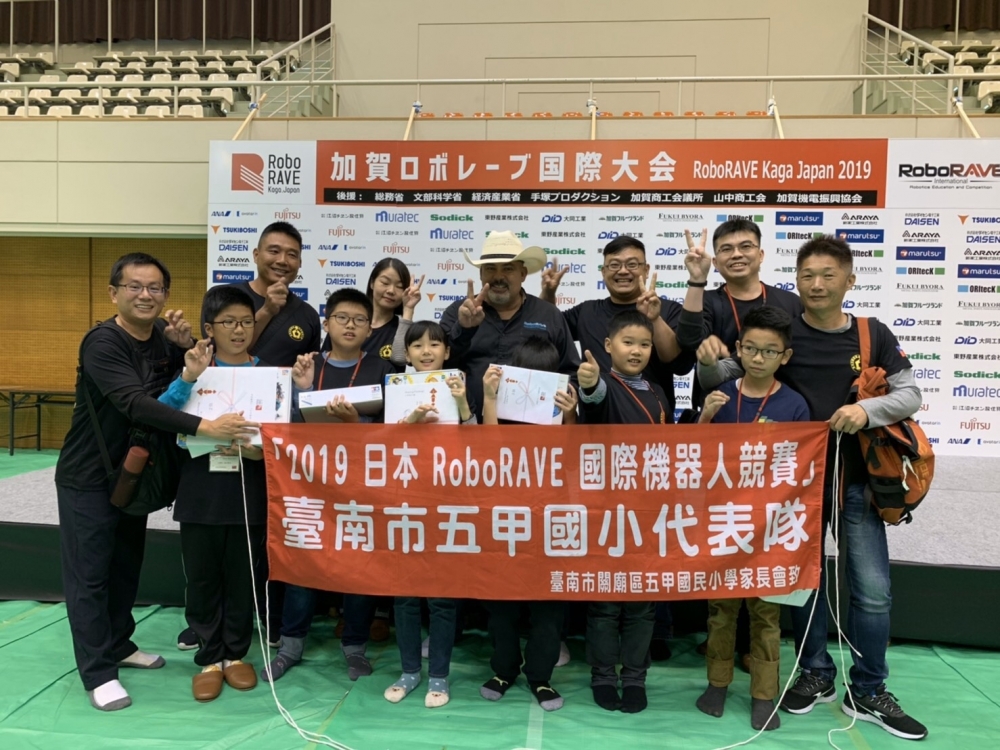
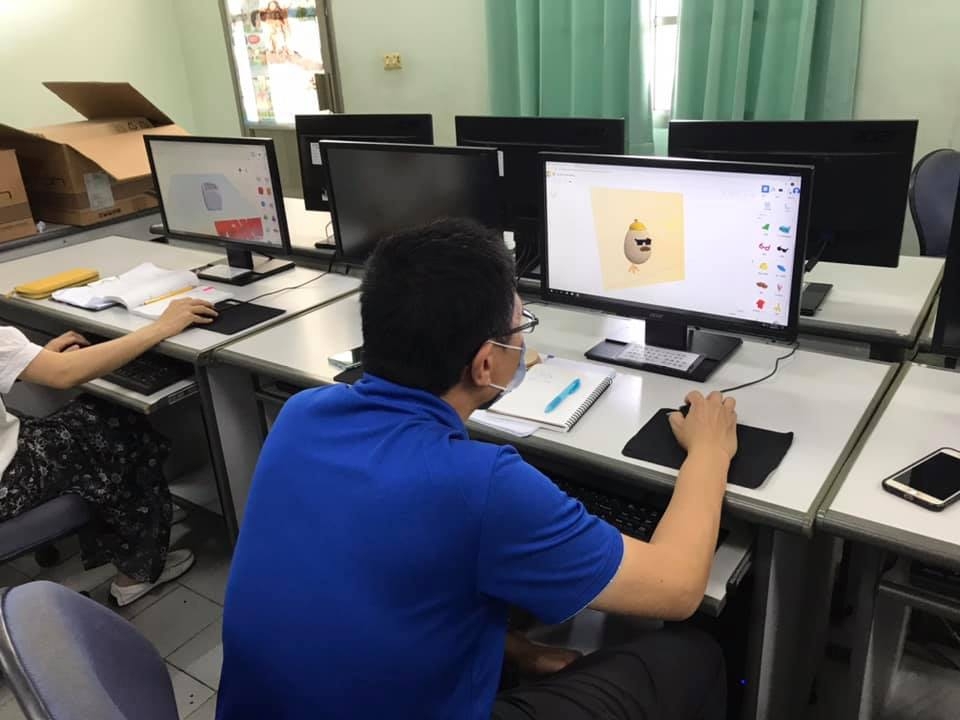
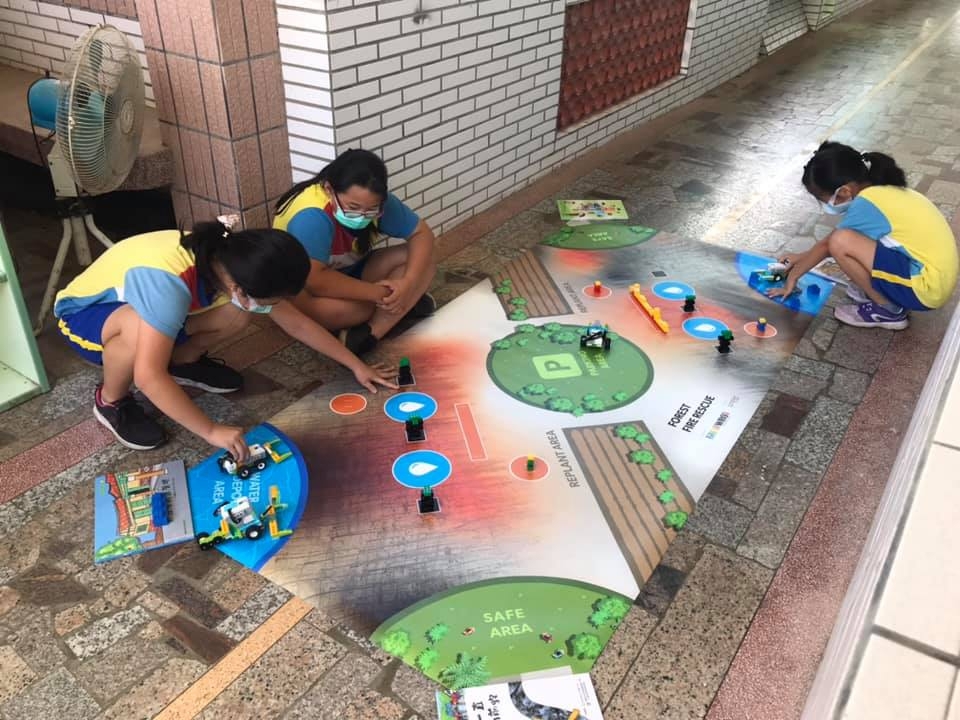
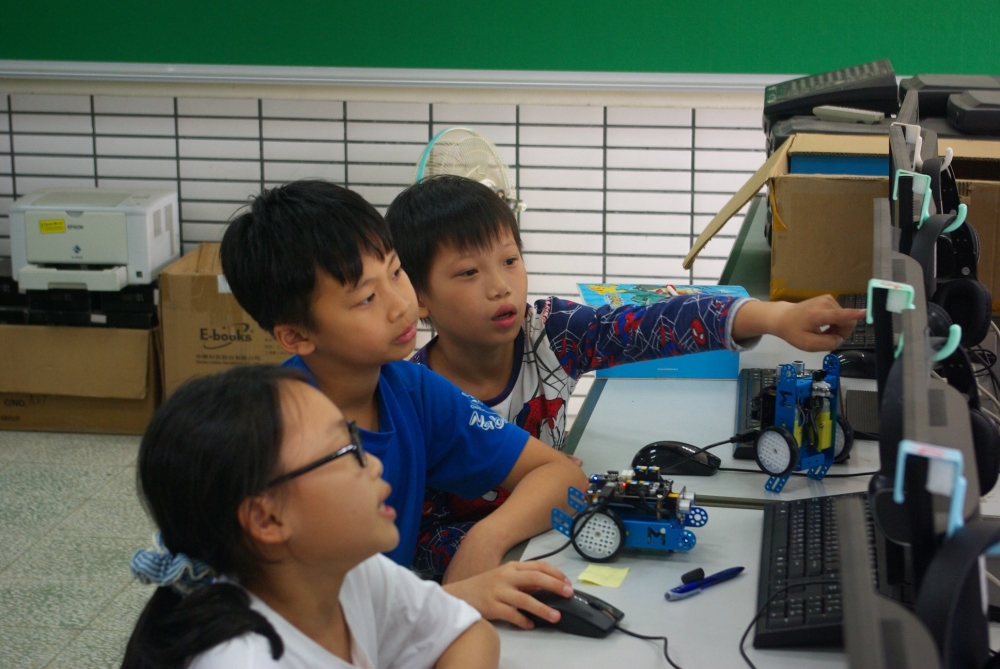
 渡鴉
渡鴉